Why plant health is the root of One Health
The most direct link between plant health and human well-being lies in food security. Unhealthy plants, ravaged by pests and diseases, significantly reduce crop yields. FAO estimates that plant pests and diseases destroy nearly 40 percent of global crops annually. This translates to a drastic decline in the availability of nutritious food, particularly for vulnerable populations already facing food insecurity due to climate change or conflict.
Healthy plants, on the other hand, provide the foundation for a nutritious diet. They are the source of essential vitamins, minerals, and fibres that underpin human health. A decline in plant health translates to a decline in the quality of our food intake, potentially leading to malnutrition and related health problems.
The domino effect: Plant health and animal health
The One Health approach recognizes the intricate web of life. Unhealthy plants can trigger a cascade of negative effects, impacting animal health as well. Plants serve as food and habitat for various insects and animals. Diseased or pest-infested plants can harbor harmful pathogens that can then be transmitted to these animals. This can lead to outbreaks of animal diseases, impacting food production further and potentially spilling over to human health through zoonotic transmission (diseases that jump from animals to humans).
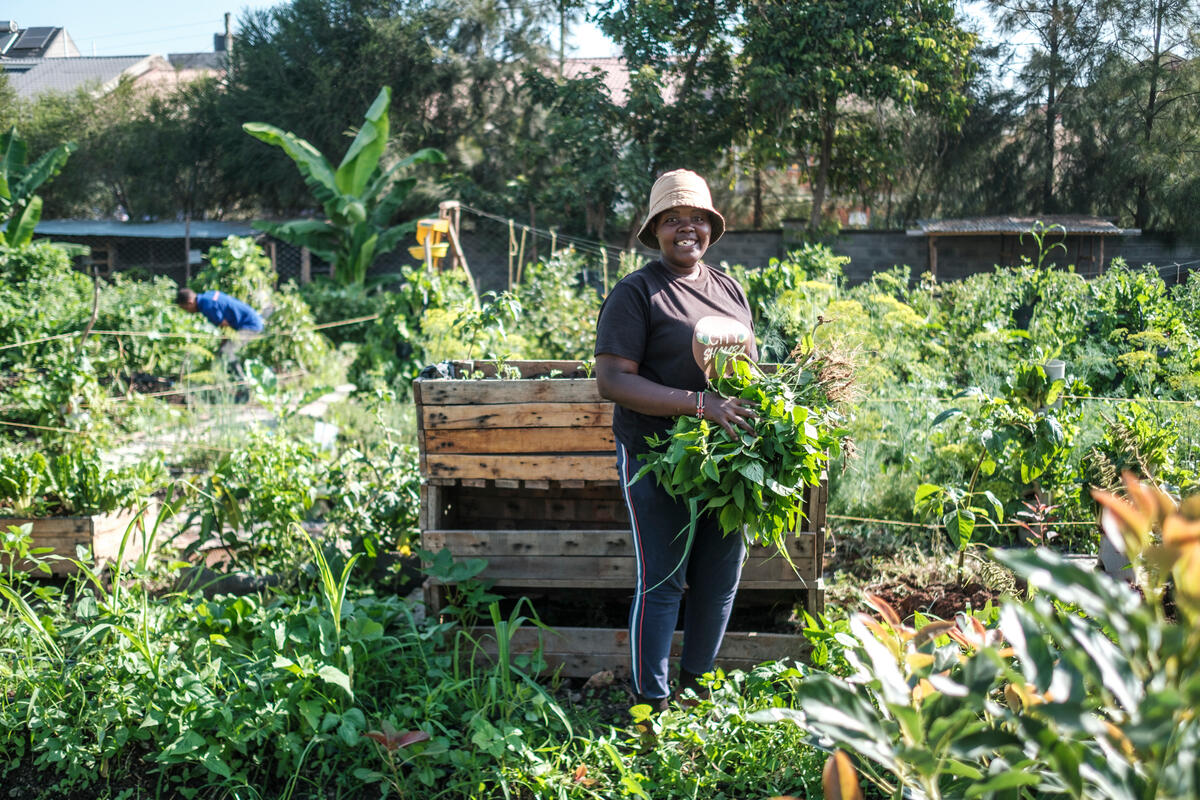
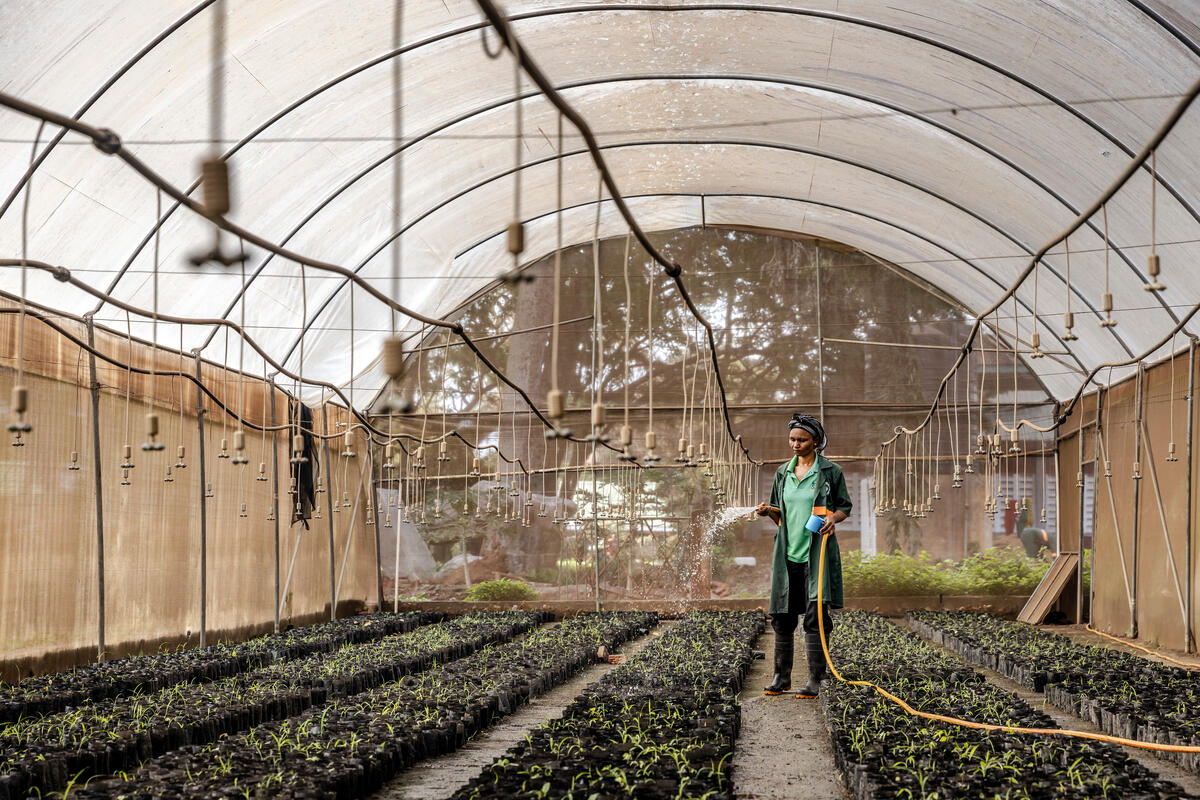
Beyond food: Plant health and environmental health
The impact of plant health extends far beyond the realm of food production. Healthy plants play a crucial role in maintaining environmental health. Forests, for example, act as vital carbon sinks, absorbing greenhouse gases and mitigating climate change. However, unhealthy trees become less efficient at carbon sequestration.
Healthy plants help maintain healthy soil ecosystems. They contribute to soil fertility and prevent erosion. Conversely, unhealthy plants can lead to soil degradation – a problem with cascading consequences for agricultural productivity and overall environmental well-being.
Current agricultural practices often contribute to declining plant health. Overuse of pesticides can reduce populations of beneficial insects that naturally control pests and pollinate plants. This disrupts the ecological balance and creates conditions for pest resurgence and the emergence of pesticide-resistant strains. Additionally, intensive farming practices can deplete soil nutrients, weakening plants and making them more susceptible to diseases.
Find out more
Video
Plant health and One Health
Plant health is the foundation of food security and is thus at the core of the One Health approach.
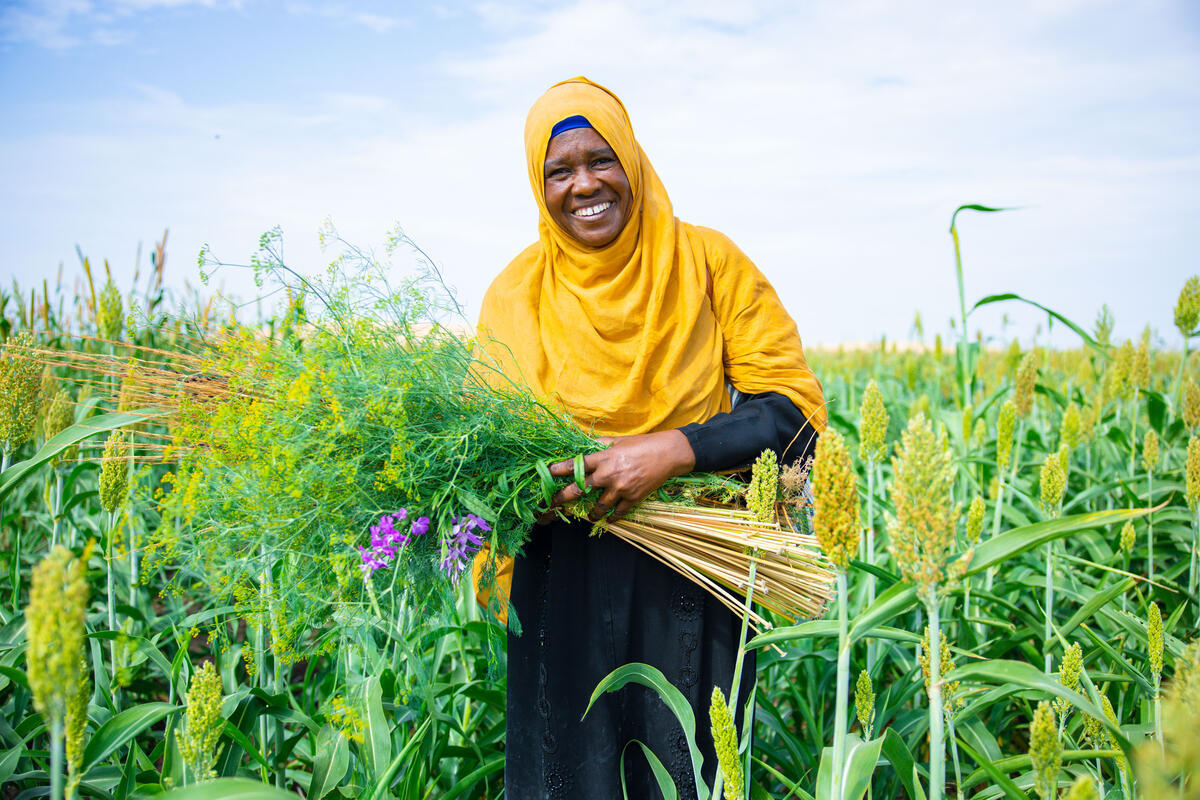
Highlights
Plants are integral to a One Health approach
Plants are not just a backdrop to human and animal life – they are central to the health of our entire planet. In the One Health approach, which emphasizes the interconnectedness of people, animals, plants and ecosystems, plant health is a vital but often underrecognized pillar.
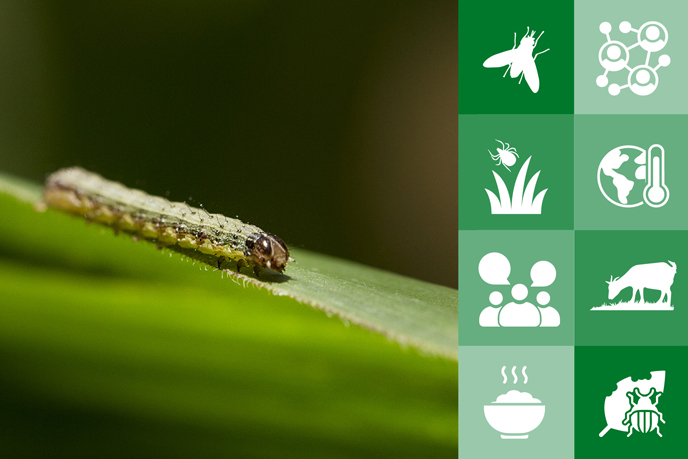
Community of Practice
Drivers of emerging plant and animal pests and diseases, including zoonotic spillover
Join this community to generate, collate and exchange knowledge and evidence for identifying and devising management strategies to address infectious diseases and pests.
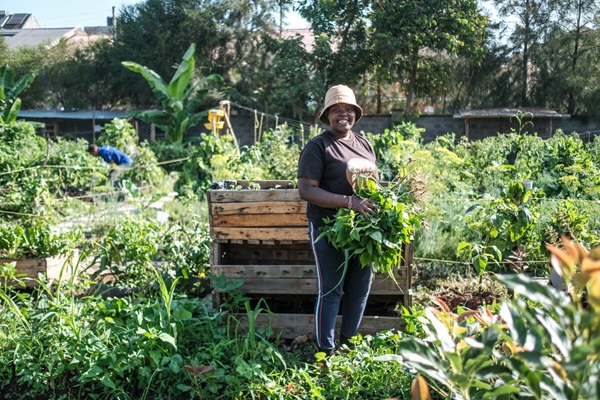
Highlights
Why plant health matters in the One Health approach
01/12/2025
The One Health approach recognizes the intricate web of life. Unhealthy plants can trigger a cascade of negative effects, impacting animal...
.tmb-th600x400.jpg?Culture=en&sfvrsn=f438e864_1)
Highlights
From the ground up: Why soil health is key to One Health solutions
28/11/2025
Soil, a critical yet often overlooked element, is at the heart of the One Health approach, connecting human, animal, and environmental health to address...
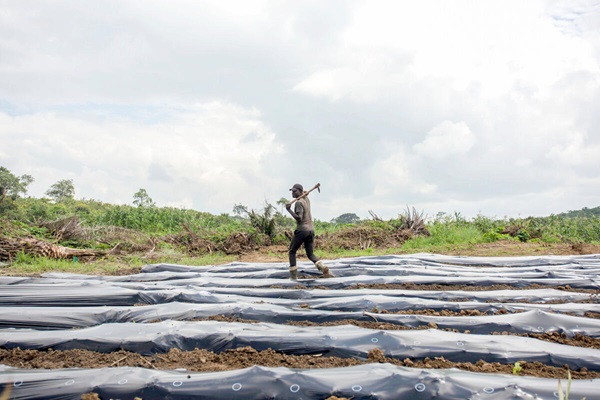
Highlights
Plastic pollution and agrifood systems: Why One Health matters now more than ever
27/11/2025
Faced with such a complex, multilayered threat, no single discipline or sector can offer a solution. This is why the One Health approach is...
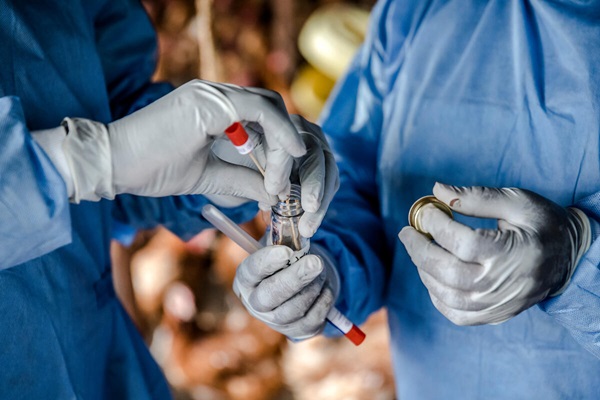
Highlights
Seeing the whole field: Why surveillance on antimicrobial resistance must span plants as well as animals
24/11/2025
When antimicrobials lose effectiveness due to resistance, farmers lose valuable tools to protect both animals and crops.
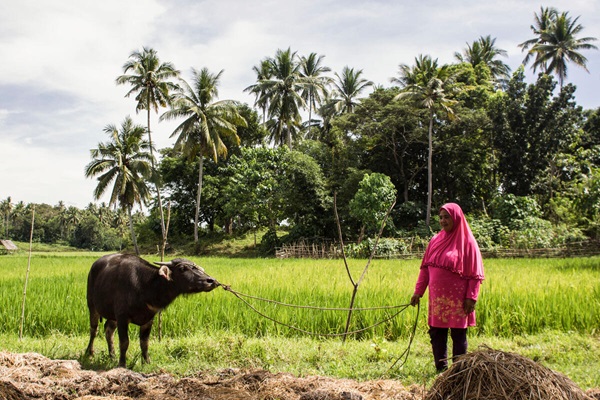
Highlights
The hidden health crisis: How plant diseases threaten global food security
09/09/2025
As climate change accelerates the spread of agricultural pests and diseases worldwide, protecting plant health has become a critical component of...
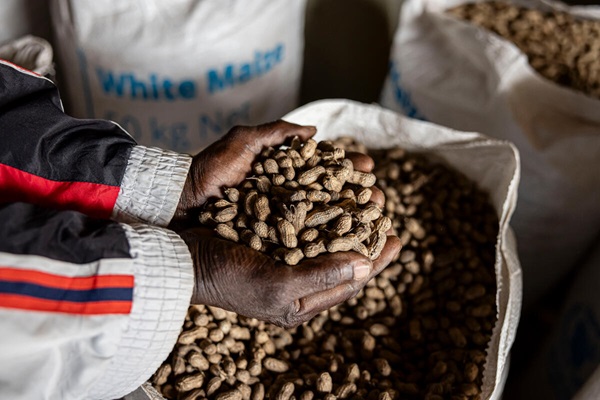
Highlights
Mycotoxins: A silent risk to plants, people and animals
30/07/2025
In agrifood systems, there are threats to human, animal and plant health that can develop at any point along the food chain. Among these are mycotoxins...
